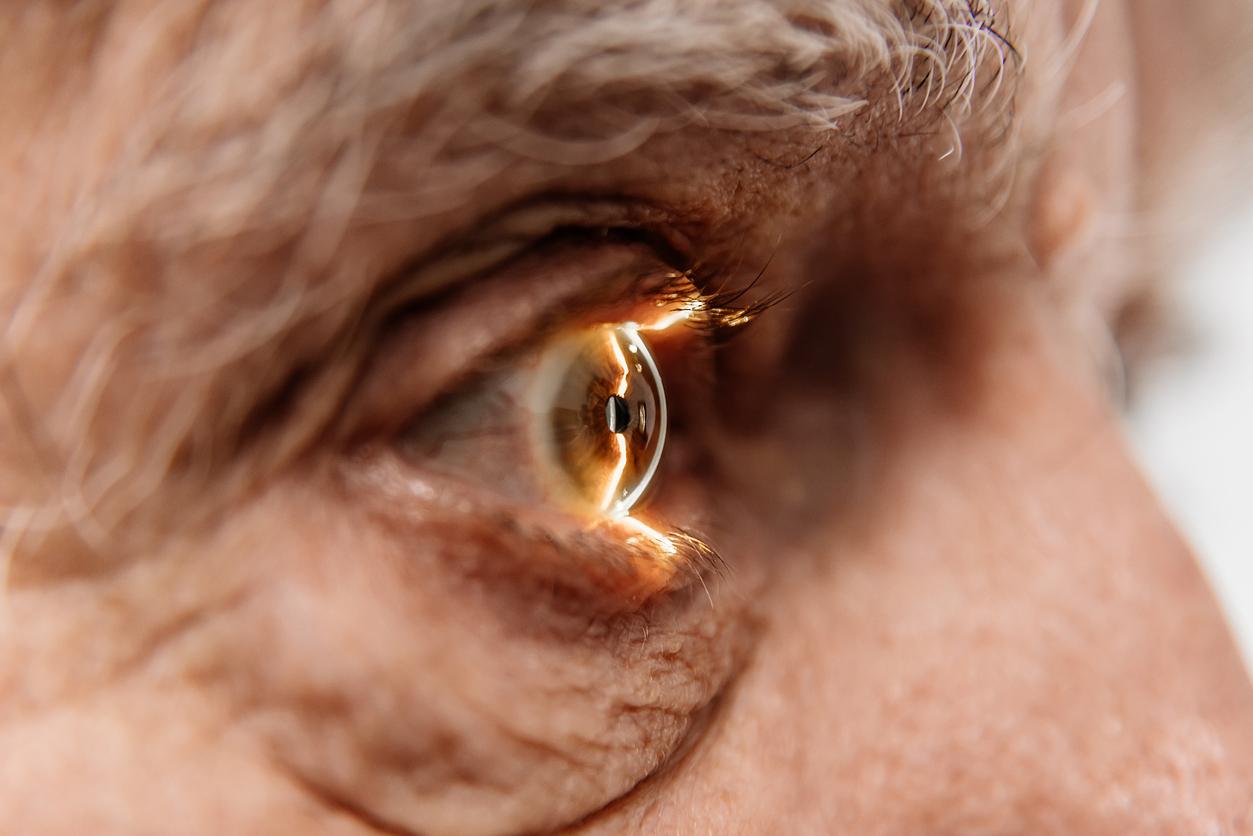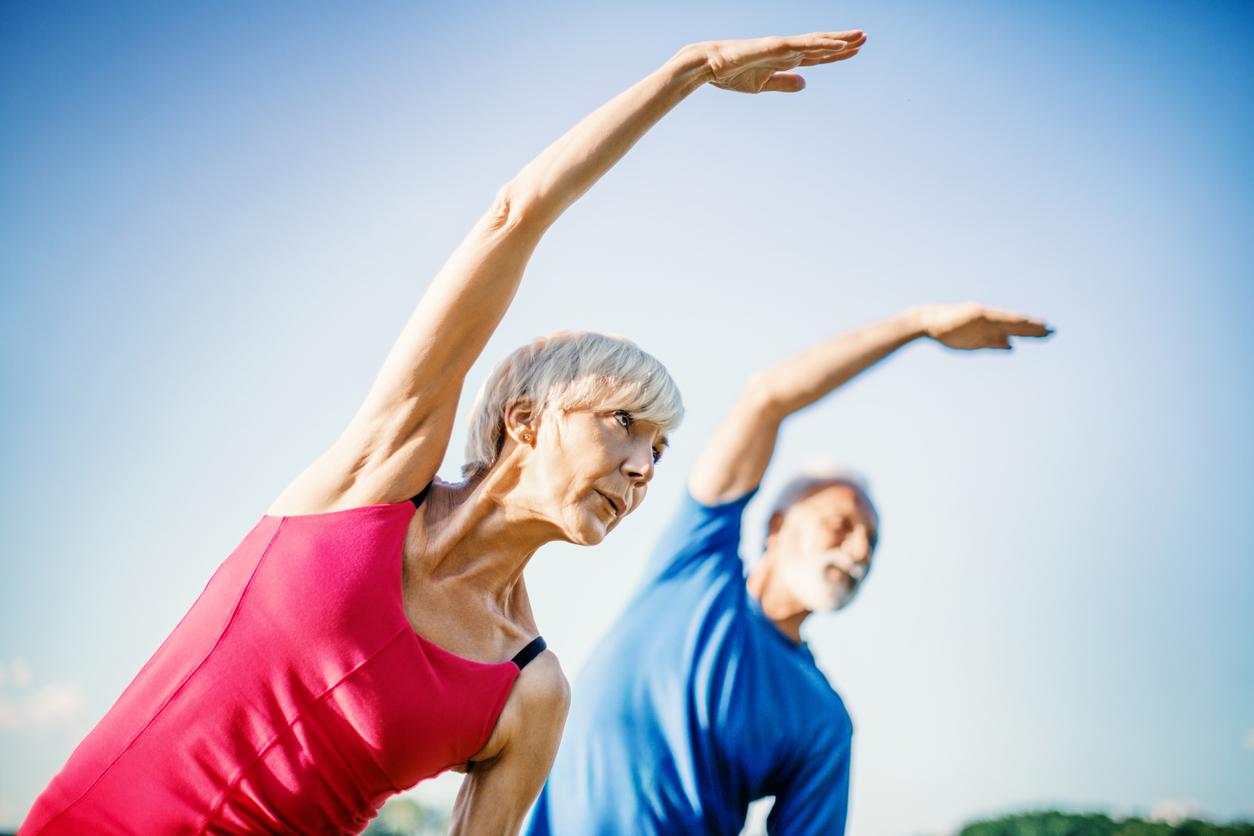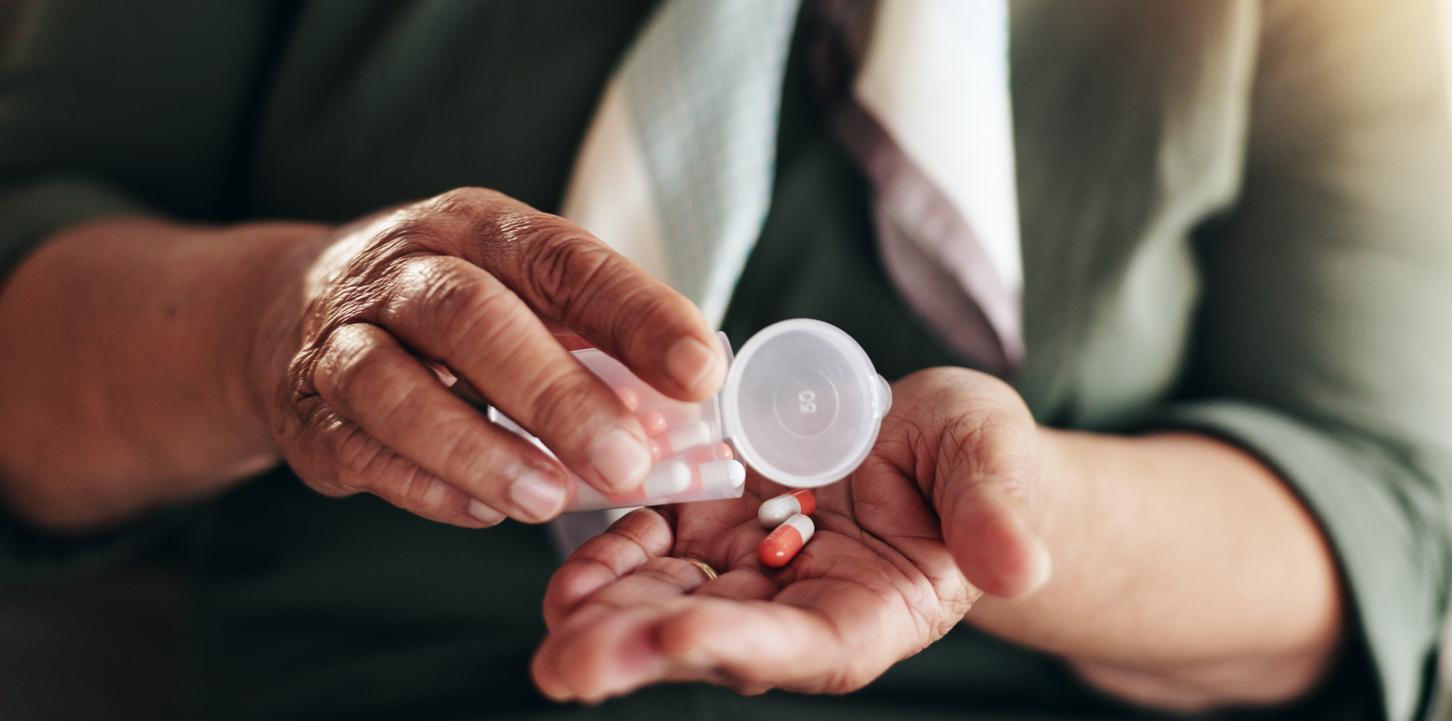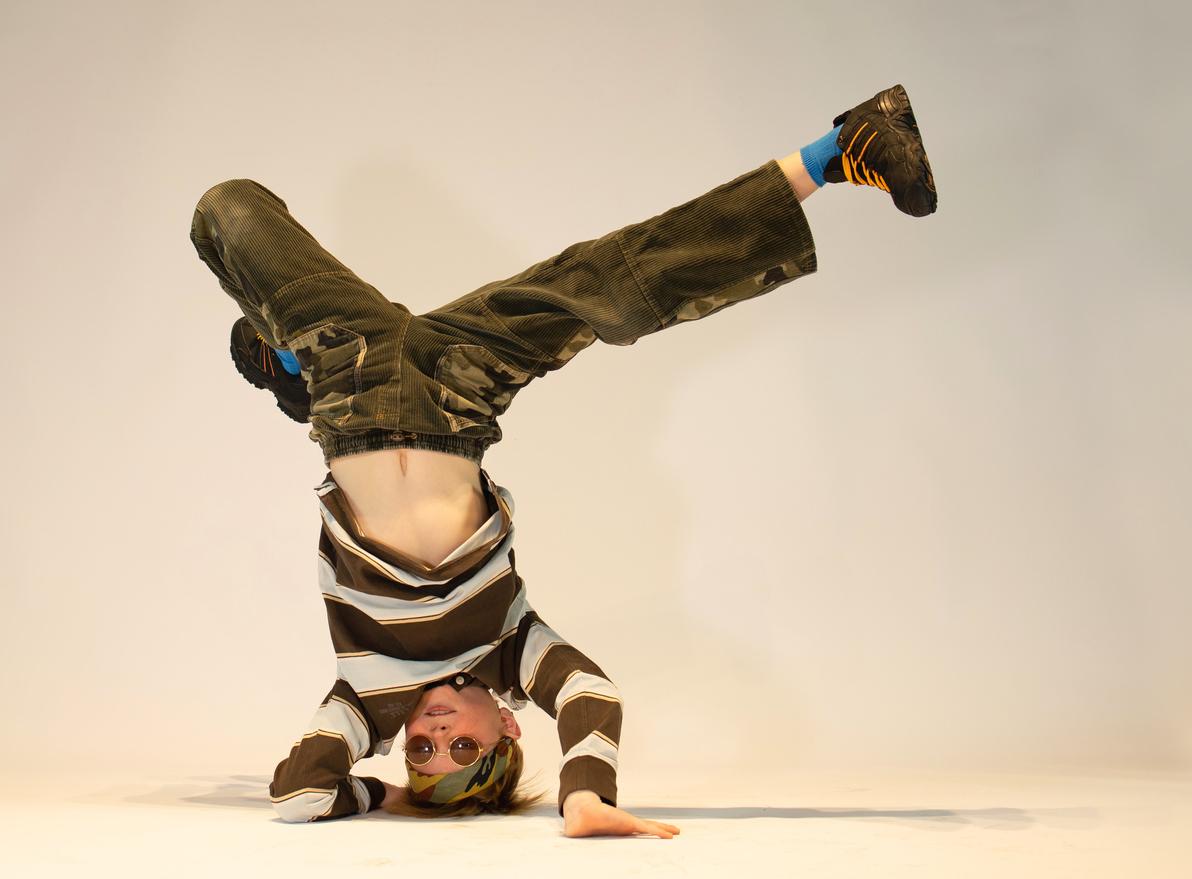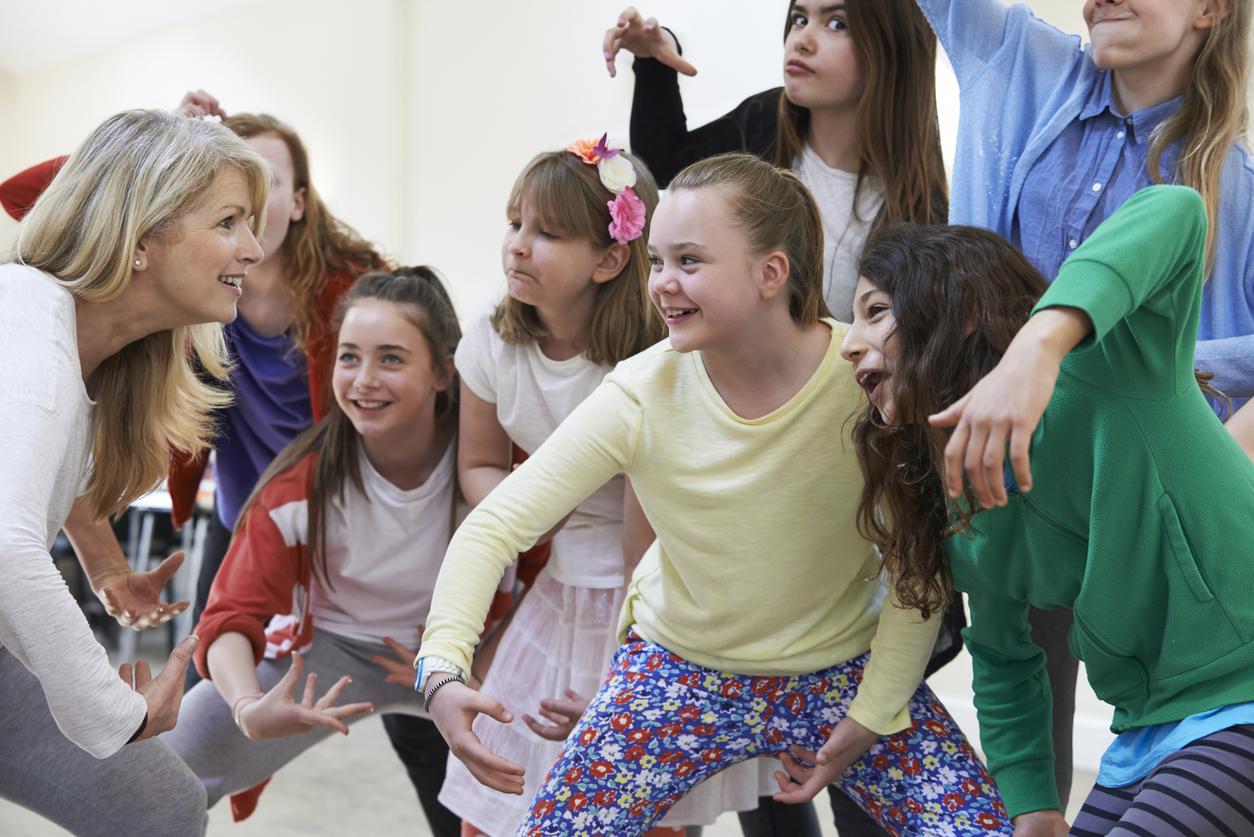Brazilian dance appears to have a positive impact on the physical, mental, emotional and social aspects of the quality of life of people with Parkinson’s disease.
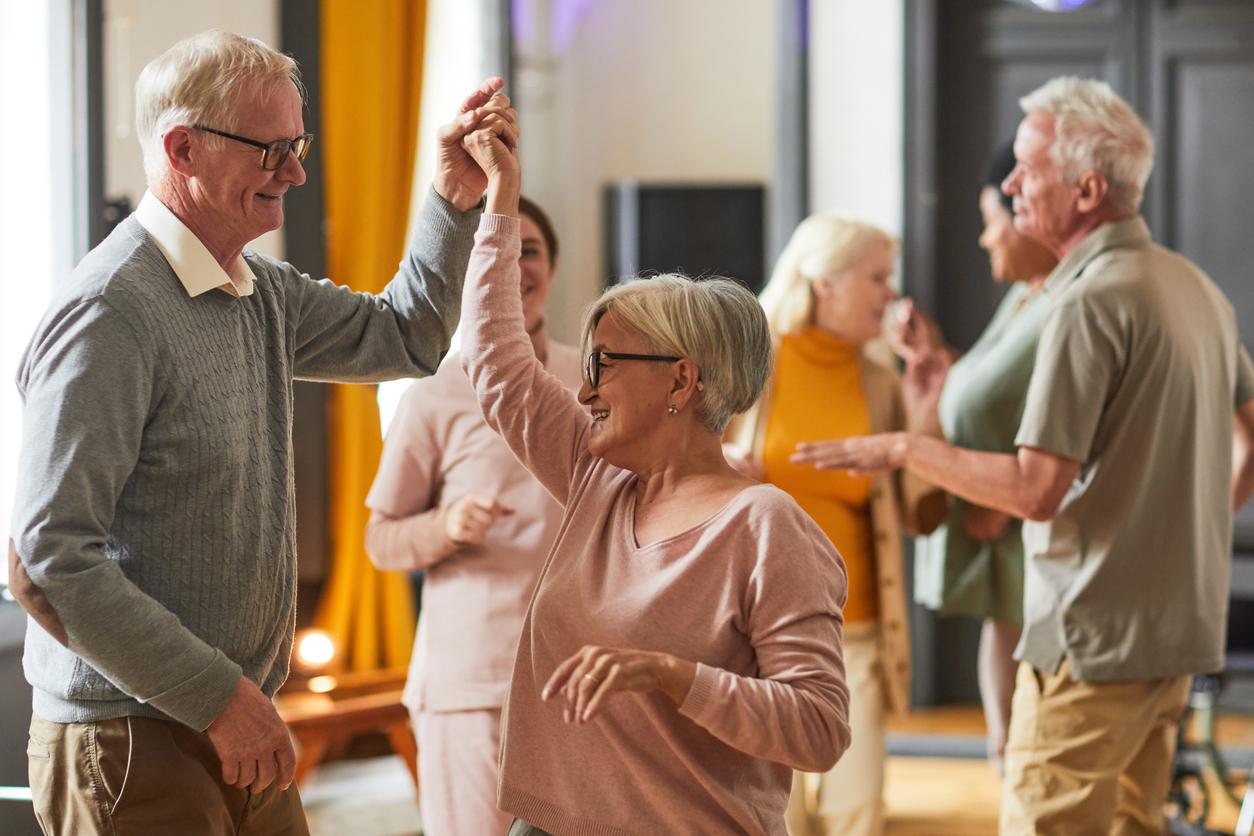
- In France, Parkinson’s disease affects nearly 200,000 people.
- “As they progress, motor disorders reduce the patient’s autonomy, relational and professional life, and quality of life,” according to Inserm.
- According to Brazilian and Irish authors, Brazilian dancing allowed patients to perceive improvements in physical, mental, emotional and social aspects.
It affects nearly 200,000 adults in France. Parkinson’s disease is a chronic neurodegenerative condition. Thus, it is characterized by the progressive disappearance of certain neurons in the brain. This pathology manifests itself through motor symptoms, such as tremors, slowness of movements, muscle stiffness, and non-motor symptoms, such as sleep problems, loss of smell, cognitive and balance disorders, constipation, urgent urination or even depression. “All these signs are not present at the same time and do not necessarily have the same intensity. They remain asymmetrical for a long time. As they progress, motor disorders reduce autonomy, relational and professional life, and the quality of patient’s life”, noted Inserm.
14 Parkinson’s patients were followed
Recently, researchers from the Federal University of Rio Grande do Sul (Brazil) and Trinity College (Ireland) revealed that they had found a way to improve the quality of life of people with Parkinson’s disease. As part of a study, they analyzed the impact of Brazilian dance on the quality of life (physical, mental, emotional and social) of patients, before and during the Covid-19 pandemic. For this, the scientists recruited and included 14 adults in the “Dança & Parkinson” project. They examined their personal data, evaluated their accessibility to online dance classes, measured their cognitive functions by telephone and during a videoconference interview.

Parkinson’s: Brazilian dance is beneficial for the quality of life of patients
According to the work, published in the journal Frontiers in Psychology, participants reported that they faced various challenges related to Parkinson’s disease, which negatively impacted their quality of life. However, their resilience, acceptance and adherence to treatment played an important role in managing illness-related problems. “Brazilian dance, both in person before the pandemic and online during the health crisis, allowed patients to perceive improvements in physical, mental, emotional and social aspects,” revealed the authors. Thus, they believe that this activity can be considered as a potential non-pharmacological intervention to improve patients’ motor and non-motor symptoms as well as their quality of life.



